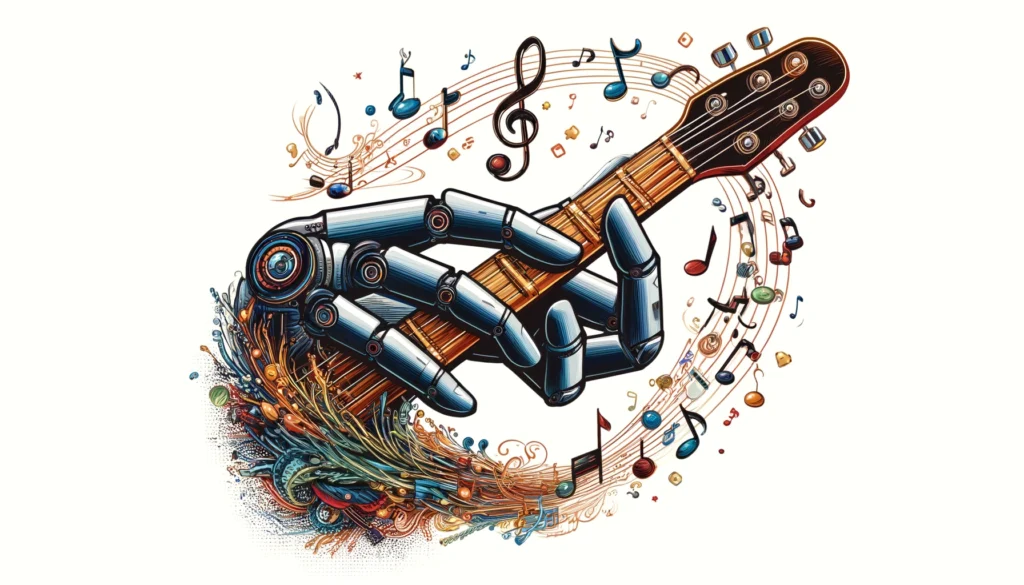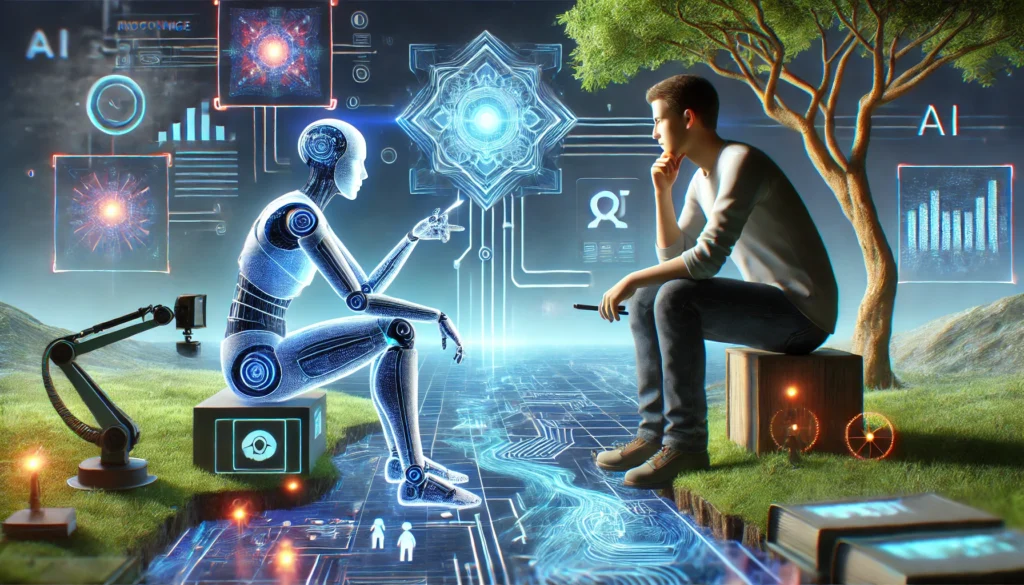
The Olympic Games have always been a pinnacle of human achievement, showcasing the world’s best athletes. But as technology advances, a new player is stepping into the arena: artificial intelligence (AI). The integration of AI into the Olympics promises to revolutionize how we train, compete, and experience sports.
AI Enhancing Athlete Training
Personalized Training Programs
One of the most significant impacts of AI is its ability to create personalized training programs. By analyzing an athlete’s performance data, AI can identify strengths and weaknesses, tailoring workouts to maximize efficiency. This customization ensures that each athlete trains in the most effective way possible.
AI-based systems use data from wearables, video analysis, and past performance metrics to design training regimens that adapt in real-time to the athlete’s progress. For instance, AI can adjust the intensity of workouts based on daily recovery rates, minimizing the risk of overtraining and injuries.
Injury Prevention
Injuries are a major concern for athletes. AI can help predict and prevent injuries by monitoring an athlete’s movements and identifying patterns that could lead to injury. This proactive approach allows for timely interventions, keeping athletes healthier and prolonging their careers.
Machine learning algorithms can analyze motion capture data to detect abnormal movements that often precede injuries. By providing immediate feedback, AI can suggest modifications to an athlete’s technique or training load, thus mitigating the risk of injury. Furthermore, AI-driven rehabilitation programs can accelerate recovery times by optimizing therapy protocols.
AI in Sports Analytics
Game Strategy
AI is transforming game strategy by providing coaches with deep insights into their opponents’ tactics. By analyzing past games, AI can identify trends and suggest strategies to exploit weaknesses. This gives teams a competitive edge, turning data into a powerful tool for victory.
Advanced AI platforms use big data to simulate different game scenarios. Coaches can explore various strategies and see their potential outcomes before implementing them on the field. This predictive capability enables teams to fine-tune their approach, maximizing their chances of success.
Performance Metrics
With AI, performance metrics have become more sophisticated. Beyond basic statistics, AI can analyze factors such as fatigue levels, reaction times, and even psychological states. This comprehensive analysis helps athletes and coaches understand performance on a deeper level, leading to more informed decisions.
AI systems can also integrate biometric data, such as heart rate variability and muscle oxygenation, to provide a holistic view of an athlete’s readiness. This data-driven approach ensures that training and recovery are optimized, enhancing overall performance.
AI is redefining the way athletes train, compete, and recover, pushing the boundaries of human performance
— Sports Tech Expert
AI in Fan Engagement
Virtual Reality Experiences
For fans, AI is enhancing the way they experience the Olympics. Virtual reality (VR) powered by AI allows fans to immerse themselves in the events, feeling as if they are right there in the stadium. This technology provides a more engaging and interactive viewing experience.
AI can personalize VR experiences based on individual preferences, allowing fans to choose different viewing angles, access behind-the-scenes content, and even participate in interactive activities. This level of customization creates a more immersive and enjoyable experience.
Predictive Analytics
Predictive analytics powered by AI can enhance fan engagement by offering insights into potential outcomes of events. Fans can enjoy making more informed predictions and understanding the nuances of the games, adding a new layer of excitement to the viewing experience.
AI models can analyze vast amounts of data, including historical performance, current form, and even weather conditions, to predict likely outcomes. This not only enhances fan engagement but also provides valuable insights for broadcasters and commentators.
Ethical Considerations
Data Privacy
While AI brings many benefits, it also raises ethical concerns, particularly regarding data privacy. The vast amounts of data collected and analyzed can be sensitive. Ensuring that this data is handled responsibly is crucial to maintaining trust and protecting athletes’ privacy.
Organizations must implement robust data governance frameworks to ensure that personal information is secure. This includes anonymizing data where possible and obtaining explicit consent from athletes before data collection and analysis.
Fair Play
There are also concerns about maintaining fair play. As AI technology advances, it’s essential to ensure that it doesn’t create an uneven playing field. Regulations need to be in place to ensure that all athletes have equal access to AI resources, preserving the integrity of the competition.
Governing bodies must establish clear guidelines on the use of AI, ensuring transparency and fairness. This might include limiting the types of AI technologies that can be used or providing equal access to AI tools for all participants.
Future Prospects
AI-Powered Officiating
Looking ahead, AI has the potential to revolutionize officiating in sports. AI-powered systems can make real-time decisions with greater accuracy, reducing human error. This could lead to fairer and more consistent officiating, enhancing the credibility of the games.
For example, AI can assist in making instant offside calls in soccer or determining the exact landing point of a gymnast. By reducing the reliance on subjective human judgment, AI can enhance the fairness and transparency of officiating.
Enhanced Training Facilities
Future training facilities may be fully integrated with AI, offering advanced simulation environments where athletes can train under various conditions. These facilities could replicate different weather conditions, altitudes, and even the presence of virtual competitors, providing comprehensive preparation for any scenario.
These AI-driven environments can simulate the stress and conditions of actual competition, allowing athletes to train in a more realistic and controlled setting. This prepares them more effectively for the challenges they will face during actual events.
Conclusion
The integration of artificial intelligence into the Olympic Games represents a new era for sports. From enhancing athlete training and strategy to revolutionizing fan engagement, AI is poised to transform every aspect of the Olympics. However, it is essential to address ethical considerations to ensure that the benefits of AI are realized in a fair and responsible manner. As we look to the future, the Olympic AI agenda promises to elevate the world of sports to unprecedented heights.
For more insights on the role of AI in sports, check out these resources:





